A Word from Executive Director, Dr. Tony Alleyne
For nearly a decade, Delaware College Scholars (DCS) has successfully impacted hundreds of scholars' lives through our innovative summer program. Our impact and results are undeniable, yet we seek to bring about an even larger impact within the realm of education. In particular, we know our special sauce lies in our residential experience - yet we have not intentionally highlighted this aspect of our program for educators… until now.
Teaching at DCS is not like teaching in a traditional public school, charter school or private day-school. What we are able to do within our residential programming replicates the away-from-home college experience for our scholars, and as such, is more aligned with working at a boarding school. The vast majority of educators never think of working at a boarding school as a viable pathway in education - and with this in mind, DCS is a snapshot for one to experience what that career path looks like. The following dives deeper into our residential teaching experience, one that we encourage educators to pursue towards diversifying one's resume and towards having wider options for career paths.
A Word from Boarding School Teacher and DCS Team Member, Christopher Sanchez
Let’s face it: elite independent schools, especially boarding schools, have an ambiguous reputation. On their worst day, boarding schools are thought of as a place where affluent parents send their unwanted children — a place in which teachers are extremely strict and students are difficult to work with. A common held belief is that boarding schools are a place by the rich and for the rich, designed to perpetuate the cycle.
It is true to say that boarding schools have a history of racial, gender, and socio-economic exclusion; it is true to say that boarding schools are a place full of affluence and power; it is true to say that boarding schools have a handful of troubled children.
I have worked at a boarding school for more than five years and would like to think that the narrative of boarding schools are changing, right in front of my eyes. That is to say, boarding schools are working to right the wrongs of the past, hyper-focused on improving in the realm of equity and inclusion in admissions, in the classroom, on dorm, on the fields, and with respect to student life. It is for this reason that I share, with confidence, that there has never been a better time to be an aspiring educator of color at an independent boarding school. Boarding schools are increasingly inclusive and welcoming environments that have the resources to mold early-career individuals into passionate, thoughtful, and effective educators.
You might be wondering, what does any of this have to do with Delaware College Scholars?
Delaware College Scholars (DCS) was founded by boarding school alumnus, Dr. Tony Allyene, in an effort to bring the benefits of a residential learning community to a broader audience — an audience that boarding schools have historically neglected.
The DCS mission is two-fold: 1) to recruit, assist, and enrich high-performing lower income high school students academically and socially towards applying to competitive colleges and universities as well as preparation towards their transition into higher education and 2) to recruit, assist, and enrich aspiring early-career educators who are interested in pursuing a career in residential education. Its goal is to provide resources to support Scholars’ and early-career educators at each stage of their educational and professional journeys.
Some of the most profound aspects of a boarding school education are the residential and student life programs. These out-of-classroom programs allow for a more holistic approach to leadership, mentorship, and coaching that open doors to new and exciting possibilities. Below are some of the key benefits of becoming a part of the DCS residential learning community, and, by extension, being an educator at a boarding school.


